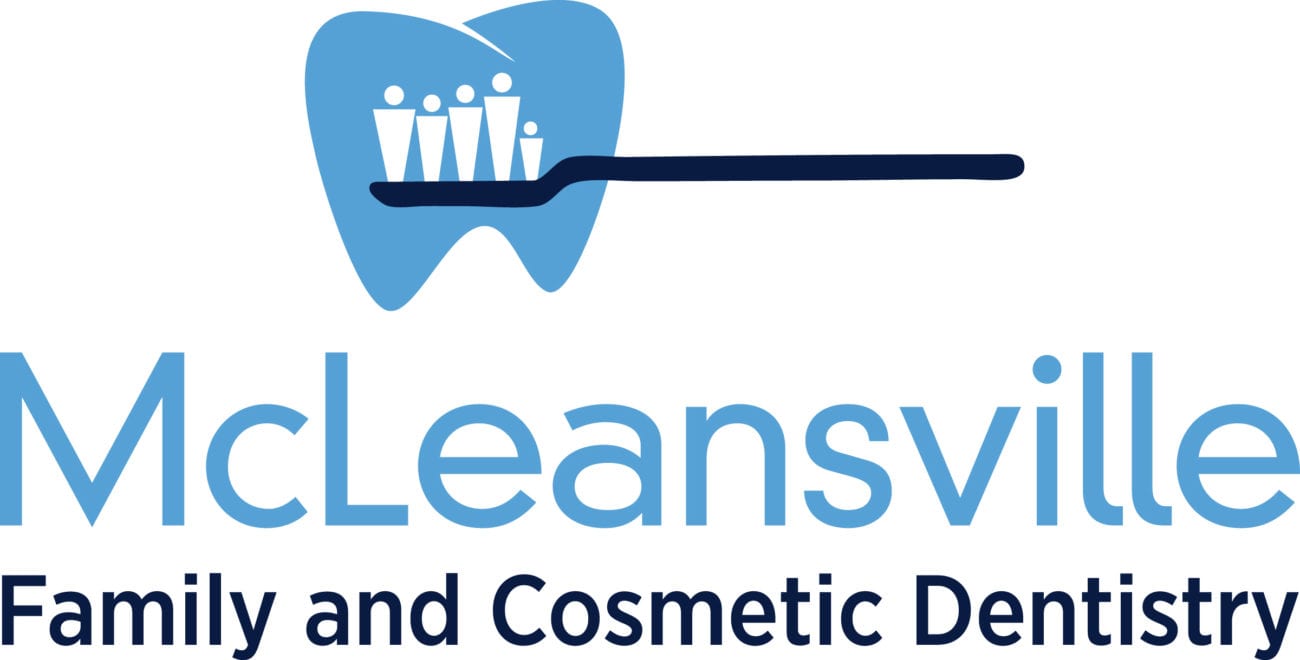Biting fingernails is a common habit that can stem from anxiety. But your teeth are not designed to bite down on such hard items on a constant basis. If you bite your nails, you could risk serious damage to your teeth.
Your dentist can help you stop poor oral behaviors like nail biting when you schedule a consultation. But you can feel more encouraged to cease this habit when you understand the dental dangers you might face. Read on to learn about four oral health risks that could threaten your smile if you continue to bite your fingernails.

4 Dental Dangers from Nail-Biting
Tooth Breakage
Your teeth feature a hard outer layer called enamel that allows you to chew and bite without damaging the blood vessels or nerves in the interior of your teeth. Though durable, enamel can chip, crack, or fracture when exposed to high pressure. Biting down on hard fingernails can generate this type of pressure and cause a tooth injury.
Not only will tooth breakage disrupt the look of your smile, but it creates a vulnerable spot on the tooth where bacteria can penetrate and put you in further danger of dental problems. If you do sustain dental damage, you should tell your dentist as soon as possible to receive urgent dental repairs.
The dentist can give you a dental crown to restore the shape and protection of the tooth. But ideally, you should preserve your natural dental structure for as long as possible. Stop biting your nails to prevent this tooth breakage.
Damaged Dental Work
Biting your nails can harm your existing dental work as well as your teeth. Whether you have crowns restoring your teeth structure or cosmetic treatments enhancing the look of your smile, the excess pressure may disturb these fixtures. A crown could crack, teeth bonding could chip, or veneers may dislodge.
Damaged dental work will leave your underlying teeth in danger of further damage. So you will need repairs or replacements from your dentist promptly. Save money and time by avoiding this extra dental work when you cease a nail-biting habit.
Misaligned Teeth
The act of biting at your fingernails will affect the position of your teeth as well as their structure. Abnormal pressure can pull and push the teeth so that they shift out of their straight alignment. Then you can see gaps and crookedness forming in your smile, disrupting the gorgeous appearance.
Misaligned teeth will also make it harder to clean your teeth, meaning you can have a higher chance of forming cavities and other dental issues. Straightening your teeth can be a lengthy process, so you should preserve your smile’s appearance by stopping your nail-biting habit.
Gum Disease
Many people may think nail-biting is a gross habit because it introduces saliva to your fingers which can transfer elsewhere. But biting your nails will bring germs and bacteria from your hands into your mouth too.
This can put you at a greater risk of contracting oral infections, including gum disease. This infection of the gum tissue can result in lasting damage, even tooth loss. A dentist can treat gum disease, but you can steer clear of it in the first place by kicking bad habits like nail-biting.
